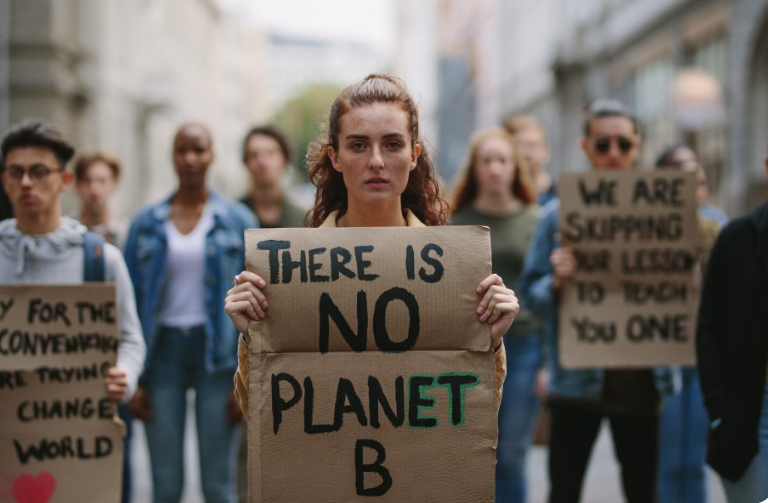EIT Climate-KIC: Science reveals last paths to stop irreversible planetary damage

Climate change is going to get worse, but curbing global warming is not hopeless. The science says actions can prevent some of the worst effects if done soon.
On 4 April, the UN’s climate science body, the Intergovernmental Panel on Climate Change (IPCC), released the last of three installments of its Sixth Assessment Report. The 3,675-page long report focuses on solutions to curb greenhouse gas emissions. It provides a roadmap for how to rapidly reduce emissions in the next three decades and urges countries to make immediate and deep emissions reductions to avoid the worst-case warming scenario.
This report of the Intergovernmental Panel on Climate Change is a litany of broken climate promises. It is a file of shame, cataloguing the empty pledges that put us firmly on track towards an unliveable world. We need to create a grassroots movement that can’t be ignored by demanding the end of fossil fuel subsidies and the massive deployment of renewable energy. We are on a fast track to climate disaster: Major cities underwater. Unprecedented heatwaves. Terrifying storms. Widespread water shortages. The extinction of a million species of plants and animals. This is not fiction or exaggeration.
U.N. Secretary-General António Guterres
The report shows that rapid mitigation measures such as reductions in fossil fuels and better building practices are essential to avoid extreme global warming. But without immediate and deep emissions reductions across all sectors, limiting global warming to 1.5 degrees Celsius is beyond reach. It is now or never, the scientists warned during a press conference.
According to the IPCC, global greenhouse gas emissions need to be reduced by 43 per cent by 2030 and reach net zero in the 2050s to stabilise global warming at the target agreed upon in the Paris Climate Accords. The report provides details on the last remaining paths to stop irreversible damage to the planet. It makes clear that there is no one silver bullet solution to solving global warming. Instead, governments, businesses, communities and individuals all have a role to play in transforming economies, embracing new habits, and shaping a safer and more sustainable future.
An article on Climate Home News lists five key takeaways from the report:
- Without immediate action to cut emissions, the chance of limiting global heating to 1.5C is slipping away
- Leaving coal, oil and gas in the ground is necessary to meet the Paris Agreement goals
- Carbon-cutting and low-emissions technologies are becoming cheaper and the economic benefit of limiting warming to below 2C is higher than the cost of action
- Carbon capture and storage technology is needed for the industrial sector to reach net zero CO2 emissions, but the technology remains underdeveloped and is facing technological, economic and environmental barriers
- In wealthy nations, behaviour and lifestyle changes (diet, mobility, etc) can reduce global emissions “rapidly” with support from policy and design infrastructure.
The report comes amid recent concerns over the global supply of oil and natural gas due to Russia’s invasion of Ukraine. In opinion pieces recently published in the media, EIT Climate-KIC CEO Kirsten Dunlop writes that the EU can stop the import of Russian gas and Innovation is key to enable the EU to break free from Russian energy.


 Share this page
Share this page


